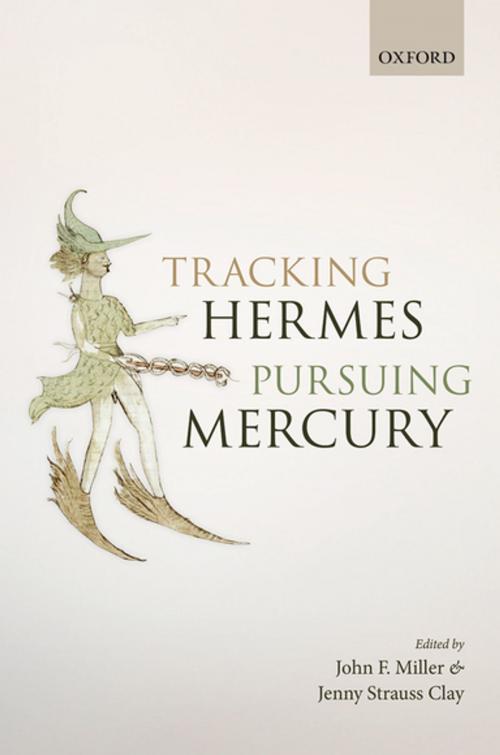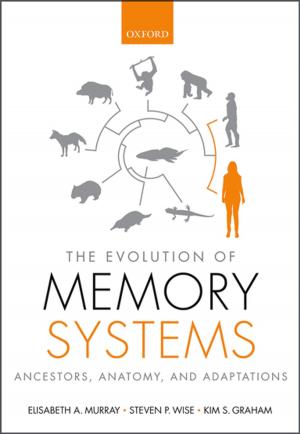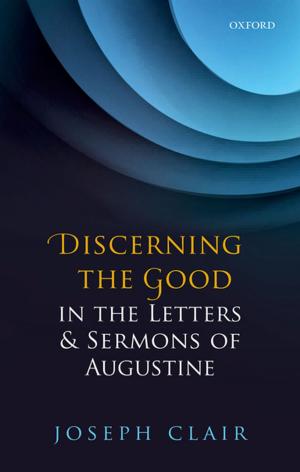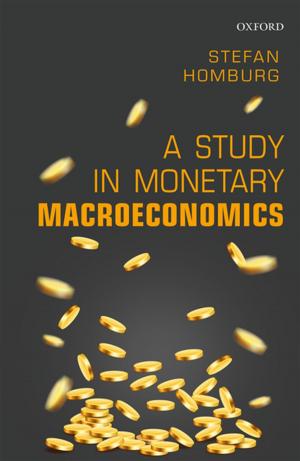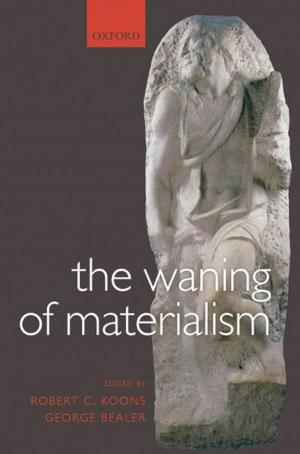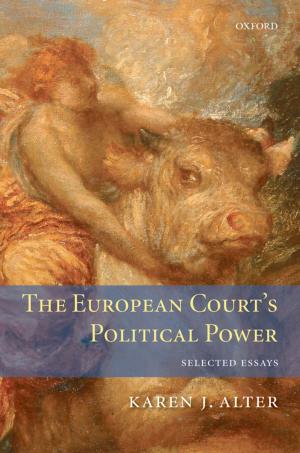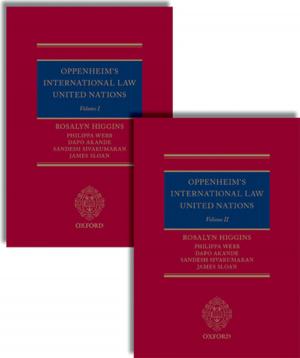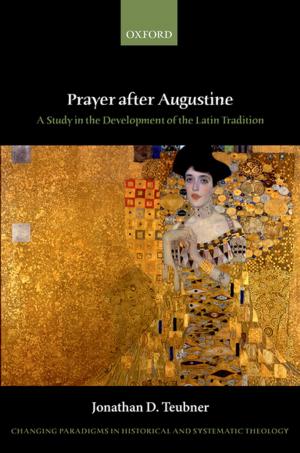Tracking Hermes, Pursuing Mercury
Fiction & Literature, Literary Theory & Criticism, Ancient & Classical, Nonfiction, History| Author: | ISBN: | 9780191083129 | |
| Publisher: | OUP Oxford | Publication: | January 31, 2019 |
| Imprint: | OUP Oxford | Language: | English |
| Author: | |
| ISBN: | 9780191083129 |
| Publisher: | OUP Oxford |
| Publication: | January 31, 2019 |
| Imprint: | OUP Oxford |
| Language: | English |
Of all the divinities of classical antiquity, the Greek Hermes (Mercury in his Roman alter ego) is the most versatile, enigmatic, complex, and ambiguous. The runt of the Olympian litter, he is the god of lies and tricks, yet is also kindly towards mankind and a bringer of luck. His functions embrace both the marking of boundaries and their transgression, but also extend to commerce, lucre, and theft, as well as rhetoric and practical jokes. In another guise, he plays the role of mediator between all realms of human and divine activity, embracing heaven, earth, and the netherworld. Pursuing this elusive divinity requires a truly multidisciplinary approach, reflecting his prismatic nature, and the twenty contributions to this volume draw on a wide range of fields to achieve this, from Greek and Roman literature (epic, lyric, and drama), epigraphy, cult, and religion, to vase painting and sculpture. In offering an overview of the myriad aspects of Hermes/Mercury-including his origins, patronage of the gymnasium, and relation to other trickster figures-the volume attempts to track the god's footprints across the many domains in which he partakes. Moreover, in keeping with his deep connection to exchange, commerce, and dialogue, it aims to exemplify and further encourage discourse between Latinists and Hellenists, as well as between scholars of literary and material cultures.
Of all the divinities of classical antiquity, the Greek Hermes (Mercury in his Roman alter ego) is the most versatile, enigmatic, complex, and ambiguous. The runt of the Olympian litter, he is the god of lies and tricks, yet is also kindly towards mankind and a bringer of luck. His functions embrace both the marking of boundaries and their transgression, but also extend to commerce, lucre, and theft, as well as rhetoric and practical jokes. In another guise, he plays the role of mediator between all realms of human and divine activity, embracing heaven, earth, and the netherworld. Pursuing this elusive divinity requires a truly multidisciplinary approach, reflecting his prismatic nature, and the twenty contributions to this volume draw on a wide range of fields to achieve this, from Greek and Roman literature (epic, lyric, and drama), epigraphy, cult, and religion, to vase painting and sculpture. In offering an overview of the myriad aspects of Hermes/Mercury-including his origins, patronage of the gymnasium, and relation to other trickster figures-the volume attempts to track the god's footprints across the many domains in which he partakes. Moreover, in keeping with his deep connection to exchange, commerce, and dialogue, it aims to exemplify and further encourage discourse between Latinists and Hellenists, as well as between scholars of literary and material cultures.
